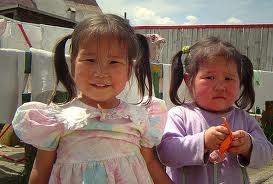Listening
Listening to the voice of the emotions we have been educated with the idea that the rejection, separation or pain are bad things and which suffers is considered weak or less lucky Manuel Barroso context cultural emotions human beings we are operating in a context in which emotions are considered a weakness rather than a potential. The thought of the last centuries has insisted on the use of reason, ignoring emotions, even more so considering them as a weakness. Culturally we’ve educated us to guide us rationally, low the premise I think, therefore I exist, subtracting emphasis on emotion and its expression, even more repressed / passivating emotions. This denial of emotions creates an emotional disability which undermines the common sense of the people and their identity. This brings devastating human consequences, since emotions are a part itself, innate, inseparable from human nature, and when we reprimimos them or we deny, we are denying ourselves and living an inauthentic life. The truth is that our educational system emphasizes the intellectual education, but very little emotional education, by what people often become educated intellectually, but emotionally illiterate individuals.
In this context it is common to hear expressions such as: If you look sad or crying are going to think you’re weak, let anger going to think you’re a bitter, don’t laugh so strong you look as vulgar when you do it, make sure you, don’t cry men don’t cry, etc. There are emotions such as anger, fear or sadness that, in some contexts, are not socially accepted, therefore, try to deny them or camuflagearlas. So we tend to mold our emotional expression to the socially accepted canons. As says Maickel Malamed: part of emotional management have to do with molds the man thinks, the woman feels, men don’t cry, sadness is bad, the fear is of cowards emotion gets lost in a moral issue and morality is in stock, not on sentiment.



